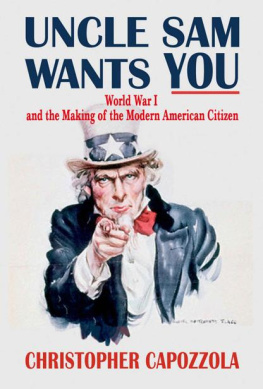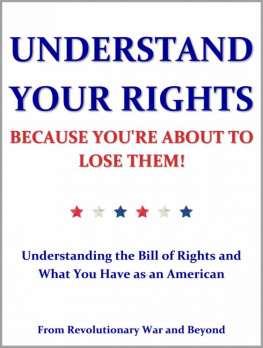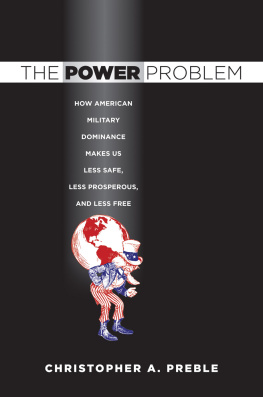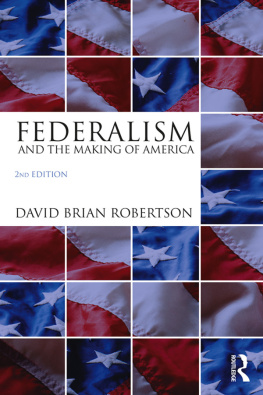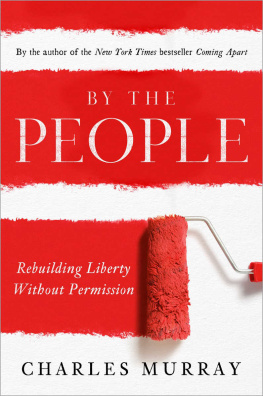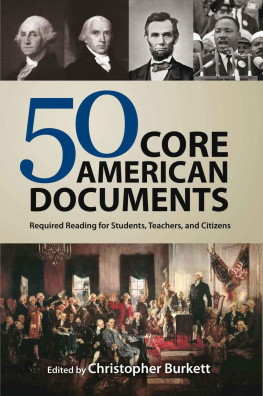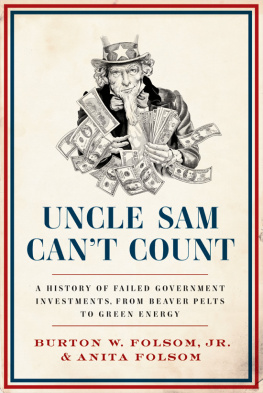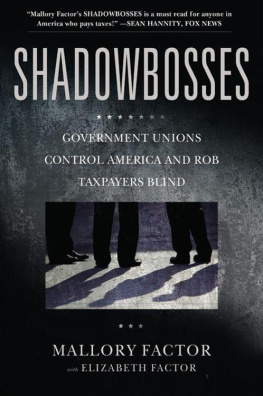UNCLE SAM WANTS YOU
CHRISTOPHER CAPOZZOLA
UNCLE SAM WANTS
YOU
WORLD WAR I AND THE MAKING OF
THE MODERN AMERICAN CITIZEN


Oxford University Press, Inc., publishes works that further
Oxford Universitys objective of excellence
in research, scholarship, and education.
Oxford New York
Auckland Cape Town Dar es Salaam Hong Kong Karachi
Kuala Lumpur Madrid Melbourne Mexico City Nairobi
New Delhi Shanghai Taipei Toronto
With offices in
Argentina Austria Brazil Chile Czech Republic France Greece
Guatemala Hungary Italy Japan Poland Portugal Singapore
South Korea Switzerland Thailand Turkey Ukraine Vietnam
Copyright 2008 by Oxford University Press, Inc.
Published by Oxford University Press, Inc.
198 Madison Avenue, New York, NY 10016
www.oup.com
First issued as an Oxford University Press paperback, 2010
Oxford is a registered trademark of Oxford University Press
All rights reserved. No part of this publication may be reproduced, stored in a retrieval system, or transmitted, in any form or by any means, electronic, mechanical, photocopying, recording, or otherwise, without the prior permission of Oxford University Press.
Portions of originally appeared in From Harlem to the Rhine:
New Perspectives on African-American Military Service in World War I,
New York History 87 (Summer 2006): 36577. Reprinted with permission.
Portions of originally appeared in The Only Badge Needed Is Your
Patriotic Fervor: Vigilance, Coercion, and the Law in World War I America,
Journal of American History 88 (March 2002): 135482.
Copyright Organization of American Historians.
All rights reserved. Reprinted with permission.
Library of Congress Cataloging-in-Publication Data
Capozzola, Christopher.
Uncle Sam wants you : World War I and the making
of the modern American citizen / Christopher Capozzola.
p. cm. Includes bibliographical references and index.
ISBN 978-0-19-973479-5 (pbk.)
1. World War, 19141918Social aspectsUnited States. 2. Political culture
United StatesHistory20th century. 3. United States
Social conditions18651918. 4. Consensus (Social sciences)
United StatesHistory20th century. 5. PatriotismUnited States
History. 6. CitizenshipUnited StatesHistory. I. Title. E780.C26 2008
305.48896073009041dc22 2007041191
1 3 5 7 9 8 6 4 2
Printed in the United States of America on acid-free paper
This book is for my mother
and for Keith OBrien.
And for my brother Jim,
who would have liked the Philadelphia parts the best.
Acknowledgments

I can trace the roots of this book as far back as The Look-It-Up Book of Presidents, an illustrated volume that preoccupied much of my childhood. I have never truly overcome its charms, nor has my family ever really recovered from the many times I made them read it to me. Ever since, they have supported my historical interests in ways too numerous to list here, from food and phone calls to something called the dissertation shed. My mother has believed in this from the beginning. My aunt and cousin, Theresa and Bill Gearty, made up a substantial portion of the audience for the first paper I ever gave, and I thank them for that. My brother Jim, who was perhaps my testiest critic and without doubt my biggest supporter, passed away last summerfar too soon. I am saving the first copy of this book for him.
Long after The Look-It-Up Book of Presidents had been lost in a move, I had the idea for this book on a spring afternoon in a coffee shop across the street from the National Archives in Washington. Alan Brinkley, Elizabeth Blackmar, and Ira Katznelson nurtured it in its initial stages and have continued to support it. So, too, have dozens of colleagues, friends, and audiences who have read it or heard me talk about it. For feedback, ideas, and overall inspiration, I would like to thank Barbara Ashbrook, Doug Barton, Katie Benton-Cohen, Anne Boylan, Richard Bushman, Vincent Cannato, David Ciarlo, Andrew Cohen, Aren Cohen, Michael Coventry, Lynn Dumenil, David Ekbladh, David Engerman, Paul Erickson, Ann Fabian, Eric Foner, Michael Fuquay, Beverly Gage, Robert Genter, Gary Gerstle, Aram Goudsouzian, David Greenberg, Ruth Helman, Meg Jacobs, Elizabeth Johnston, Martha S. Jones, Sue Leonard, Alice Lipton, Pauline Maier, Gail Marcus, Timothy McCarthy, Heather Miller, Brett Millier, Sharon Musher, Christopher Nehls, Megan Kate Nelson, Cynthia Nieb, John Ochsendorf, Richard Polenberg, Daniel Rodgers, Caitlin Roper, Rosalind Rosenberg, Lucy Salyer, Andrew Sandoval-Strausz, Zachary Schrag, Bruce Schulman, David Sewell, Elliot Shapiro, Peter Shulman, Ryall Smith, Sarah Song, Ellen Stroud, John Summers, Jessica Wang, Christopher Wells, Chad Williams, Michael Willrich, Elizabeth Wood, Eric Yellin, and Julian Zelizer. Roy Rosenzweig was an enthusiastic supporter of this project from the beginning. He made the historical profession a more exciting place, and we all feel his absence.
Books dont get written without other books. Uncle Sam Wants You reflects the efforts of librarians and archivists too numerous to name, but special thanks go to Michelle Baildon at MIT, Renata Kalnins at the Harvard Divinity School, and Mitch Yockelson at the National Archives. Collected in my footnotes is a special obligation to generations of unpaid and underappreciated local historians without whose work this study would have been impossible. At MIT, I have benefited from research support provided by Lisa Bell, Laura Coln-Melndez, Julia Dennett, Jessica Haurin, Yukyan Lam, Jenna Matheny, Mary Presley, Christopher Suarez, and Anya Zilberstein. Renee Brown, Mabel Chin, Margo Collett, Maria DiMauro, and Emily Megan Morrow Howe helped me navigate institutional bureaucracies.
Of all the libraries where I have worked, I would like to thank two in particular. I began this project at the Library of Congress, and I had the good fortune to return there in the summer of 2005 as a Jameson Fellow at the Kluge Center, where Mary Lou Reker helped me tap the librarys untold riches. My thanks go as well to the Sophia Smith Collection and Smith College Archives. Several years ago, they took a chance on a sprawling and overly ambitious summer grant proposal, and their support made a crucial difference. I keep coming back, both to mine new sources and for the simple pleasure of working in the Alumnae Gymnasium, surrounded by people who love and believe in history.
I could not have written this book without the financial support and time to write that has come from so many generous individuals and institutions. The Columbia University History Department and Columbias Institute for Social and Economic Research and Policy offered financial and logistical support. Participating in the workshops of the Social Science Research Councils Program on Philanthropy and the Nonprofit Sector connected me to a valuable community of like-minded scholars. Research grants from the American Historical Associations Littleton-Griswold Research Grant in American Legal History, the Institute for Southern Studies at the University of South Carolina, and the Margaret Storrs Grierson Fellowship of the Sophia Smith Collection and Smith College Archives helped me collect the stories I tell. I finished this book with the generous support of the Carnegie Scholars Program of the Carnegie Corporation of New York, a Summer Stipend from the National Endowment for the Humanities, the J. Franklin Jameson Fellowship of the American Historical Association, and while in residence at the Visiting Scholars Program of the American Academy of Arts and Sciences, where James Carroll offered a model of passionate and thoughtful engagement with historys biggest questions.
Next page
